Topic: Grocery and Natural Retail
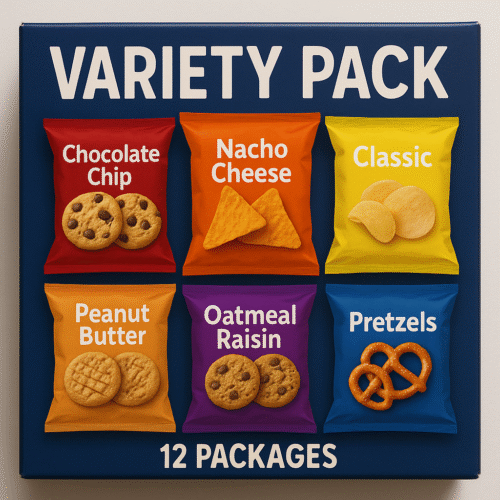
Variety Packs: Design, Strategy, and Impact on Shelf Performance
Variety packs are a proven way to attract consumers and boost retail sales. By offering multiple flavors or product types in one package, they provide convenience and choice while increasing a brand’s shelf presence. Econo-Pak creates variety pack solutions that are efficient, reliable, and built to perform. Why Consumers Love Variety Packs Shoppers enjoy variety […]
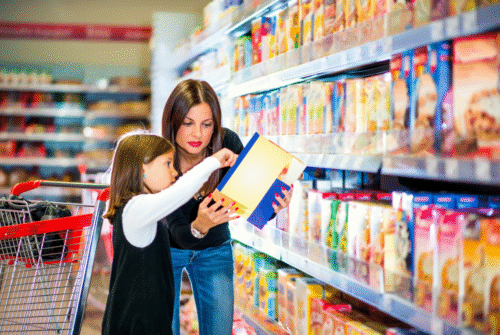
Retail Co-Packing 101: What Food Brands Need to Know to Succeed in Retail
A retail co-packer serves as a bridge between production and retail shelves. Their expertise lies in packaging products efficiently while adhering to industry standards. Co-packers help businesses convert raw materials into retail-ready packages, streamlining the journey from factory to customer.

Retail Co-Packing 101: What Food Brands Need to Know to Succeed in Retail
A retail co-packer serves as a bridge between production and retail shelves. Their expertise lies in packaging products efficiently while adhering to industry standards. Co-packers help businesses convert raw materials into retail-ready packages, streamlining the journey from factory to customer.
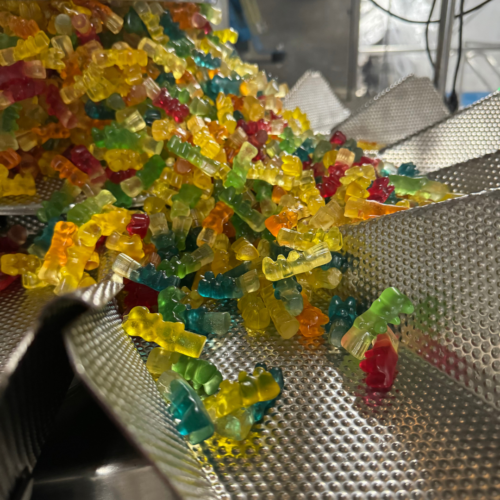
Co-Packing for Organic and Non-GMO Food Products
Co-packing plays a pivotal role in the food industry, especially for brands focused on organic and non-GMO products. According to the Organic Trade Association, sales of organic food in the U.S. grew by 12.4% in 2020, reaching a record $62 billion, while demand for non-GMO products continues to rise as consumers prioritize transparency and health (Organic Trade Association, 2021).

Co-Packing for Organic and Non-GMO Food Products
Co-packing plays a pivotal role in the food industry, especially for brands focused on organic and non-GMO products. According to the Organic Trade Association, sales of organic food in the U.S. grew by 12.4% in 2020, reaching a record $62 billion, while demand for non-GMO products continues to rise as consumers prioritize transparency and health (Organic Trade Association, 2021).
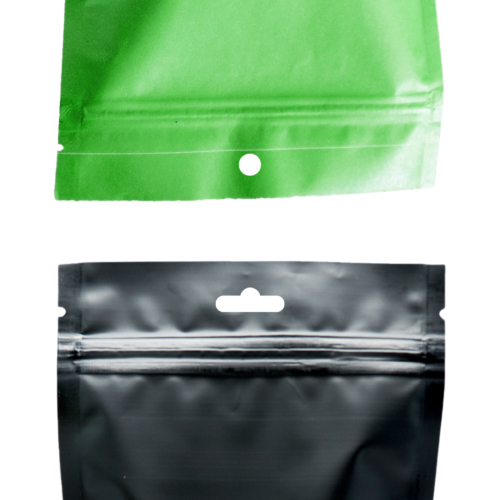
Sombrero vs. Hole Punches in Packaging
Compare sombrero vs. hole punches in packaging. Discover their uses, advantages, costs, and which suits your product’s needs best.

Sombrero vs. Hole Punches in Packaging
Compare sombrero vs. hole punches in packaging. Discover their uses, advantages, costs, and which suits your product’s needs best.

The Rise of Food-Grade Pet Foods
In recent years, pet owners have become increasingly conscious of what goes into their pets’ food. This shift towards healthier, high-quality options has given rise to food-grade pet foods—products made from ingredients fit for human consumption.

The Rise of Food-Grade Pet Foods
In recent years, pet owners have become increasingly conscious of what goes into their pets’ food. This shift towards healthier, high-quality options has given rise to food-grade pet foods—products made from ingredients fit for human consumption.
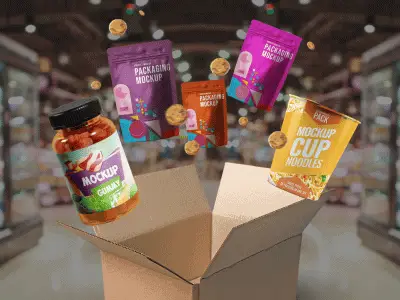
Retail Packaging vs. Non-Retail Packaging
When it comes to contract food packaging, it’s essential to choose the right type of packaging for your business needs. Packaging not only plays a pivotal role in protecting your food products but it also serves as a powerful marketing tool. Two main categories of food packaging include retail packaging and non-retail packaging. Here, we’ll […]
